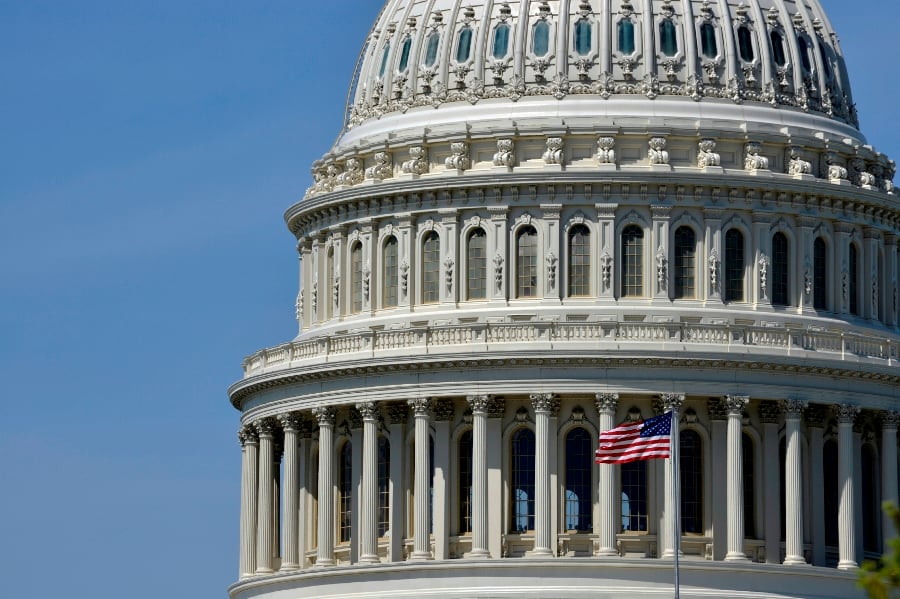Two Republican lawmakers who help control the federal purse strings have joined the effort on Capitol Hill to delay and possibly kill a Department of Labor proposal that would raise investment-advice standards for brokers who handle retirement accounts.
Sen. John Boozman, R-Ark., and Rep. Ander Crenshaw, R-Fla., told the Obama administration in a letter Tuesday that the DOL should not act on its rule until the Securities and Exchange Commission releases its proposal.
Last week, President Barack Obama
directed the DOL to move ahead with its proposal , which would extend the definition of fiduciary to more financial advisers to 401(k) and individual retirement accounts, requiring them to act in the best interests of their clients.
The DOL proposal was sent to the Office of Management and Budget for review Feb. 25.
The SEC was given authority under the 2010 Dodd-Frank financial reform law to promulgate a rule that would establish a uniform fiduciary duty for retail investment advice, but it has not made much progress.
“We believe the cumulative effects of the SEC and DOL rulemakings will lead to inconsistent and overlapping regulatory requirements that increase investor costs and reduce access to investment advice,” Mr. Boozman and Mr. Crenshaw wrote in a letter to OMB Director Shaun Donovan. “For that reason, we believe the SEC should move first in any rulemaking in order to address issues of investor harm and confusion surrounding different standards of care.”
Mr. Boozman is chairman of the Senate Appropriations Subcommittee on Financial Services and General Government. Mr. Crenshaw is chairman of the House Appropriations Subcommittee on Financial Services and General Government.
Supporters of the DOL rule say waiting for the SEC to act could effectively kill the DOL effort, as the SEC might never move on its own rule.
After the OMB review, which could take up to 90 days, the DOL rule will be released for public comment. The appropriators said DOL must allow at least 90 days for input.
Their letter was released by the Financial Services Institute, a leading opponent of the DOL fiduciary proposal. The institute also wants to slow the rulemaking process.
“Research shows that the average OMB review for rules promulgated by the Department of Labor is 117 days — for rules far less controversial,” Robert Lewis, FSI's vice president for legislative affairs, said in a statement. “Anything shorter than that could raise serious questions about the review process.”
The Financial Planning Coalition criticized efforts by the lawmakers and FSI to get OMB and the Labor Department to slow-walk the proposal.
“We continue to urge the OMB to thoroughly and swiftly review the DOL's proposed fiduciary rule and to resist any attempts by policymakers and industry participants to halt or delay this process based on mere presumptions about a yet-to-be-released rule,” the coalition said in a statement. “Premature attempts to keep the DOL's proposed update of a 40-year-old rule from being subject to public review and comment should be opposed.”
The coalition is comprised of the Certified Financial Planner Board of Standards Inc., the Financial Planning Association and the National Association of Personal Financial Advisors.
Mr. Boozman and Mr. Crenshaw's letter
echoes concerns addressed in legislation that Rep. Ann Wagner, R-Mo., introduced last week.
The DOL rule was originally proposed in 2010 but withdrawn the next year after fierce opposition from the financial industry, which argued that it would significantly raise regulatory and liability costs for brokers and force them to drop clients with modest assets.
The department maintains that the rule is needed to protect workers and retirees from conflicted investment advice as they build their retirement nest eggs. Brokers currently must meet a suitability standard for advice that allows them to sell high-priced products as long as they fit an investor's need.
The appropriators promoted the industry argument.
“We strongly believe the DOL rule will significantly harm low- and middle-income investors seeking financial advice regarding their retirement and will cause unintended consequences to many American's IRA accounts by limiting access of investment advice provided to many smaller accounts,” Mr. Boozman and Mr. Crenshaw wrote.







